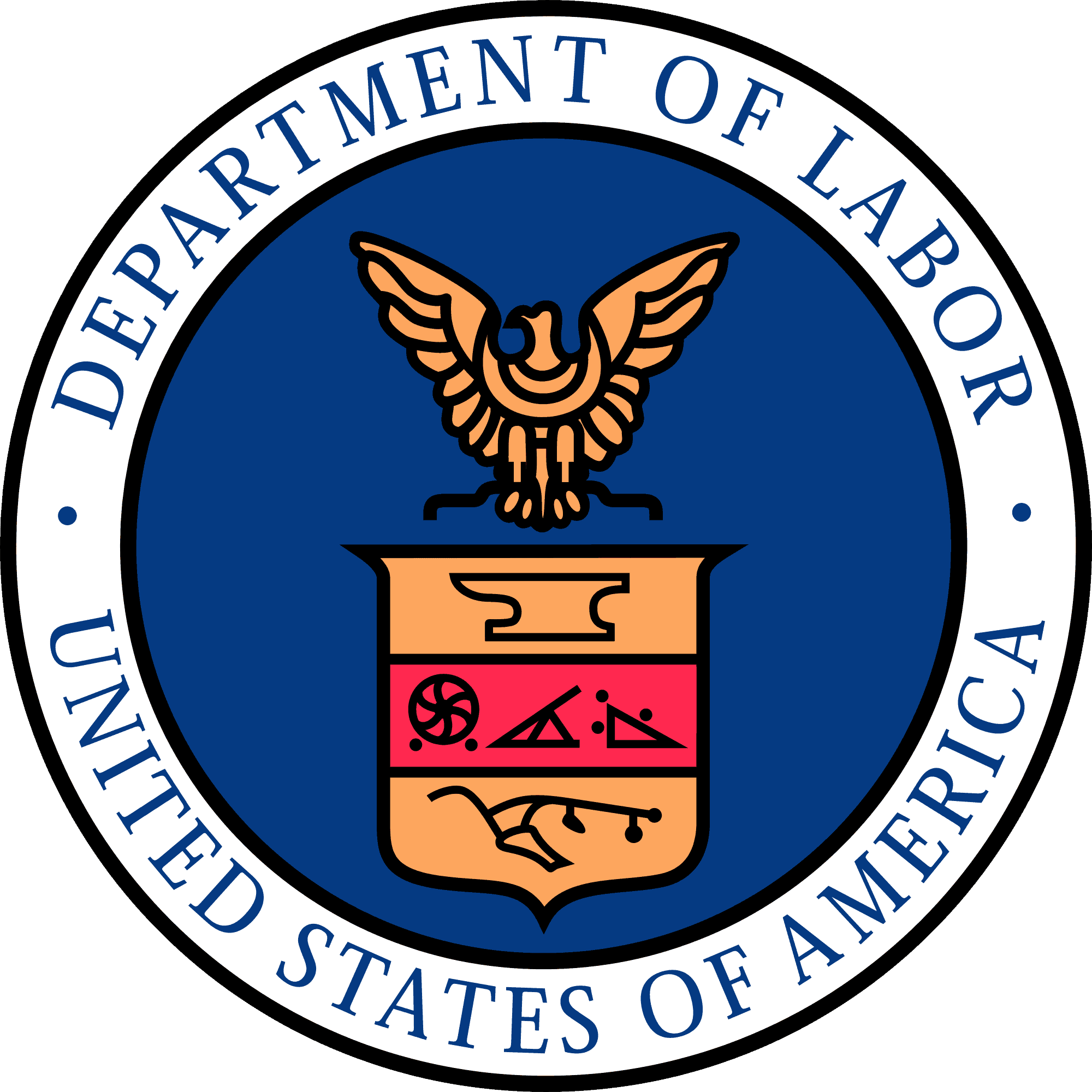Democrats’ Criticism of Department of Labor Overtime Rule Misguided

 Overtime regulation has been a hot topic since the Obama administration proposed and finalized a rule that radically overhauled such requirements. Before this rule, which raised the salary threshold for overtime eligible employees from $23,660 to $47,892, took effect it was struck down by a federal district court in 2017. Never before had an administration sought to increase the salary threshold by 100 percent, and the Eastern Texas District Court ruled that such an increase to the salary threshold was invalid because it disregarded the intent of Congress.
Overtime regulation has been a hot topic since the Obama administration proposed and finalized a rule that radically overhauled such requirements. Before this rule, which raised the salary threshold for overtime eligible employees from $23,660 to $47,892, took effect it was struck down by a federal district court in 2017. Never before had an administration sought to increase the salary threshold by 100 percent, and the Eastern Texas District Court ruled that such an increase to the salary threshold was invalid because it disregarded the intent of Congress.
With the 2017 court ruling in mind, the Trump administration proposed a rule earlier this year to increase the overtime salary threshold, but to a level more in line with previous increases and to a level that did not conflict with the court’s previous guidance.
Unsurprisingly, Democrats in Congress have attacked the Trump administration’s rule. They view it as a sop to the business community and anti-worker. To voice their displeasure, Democrats in Congress held a hearing on June 12, 2019, to make the argument that the Department of Labor (DOL) is seeking to undermine “strong overtime protections.” Yet, at the hearing, many of the members of Congress demonstrated a misunderstanding of the Fair Labor Standards Act (FLSA), which imposes overtime requirements, and the plain text of this section covering overtime exemptions.
In summary, Democrats’ reactions to the current DOL proposed overtime rule, which raises the overtime salary threshold to nearly $35,000, are:
- It is excessively low and would cause millions to lose overtime eligible status compared to the invalid Obama rule.
- The Obama overtime rule should be restored.
- The salary threshold should automatically increase in the future.
Before diving into Democrats’ criticism of the current overtime proposal, I’ll briefly discuss the statute that sets overtime requirements and how eligibility is determined.
Section 213(a) of the FLSA provides for several exemptions from both minimum wage and overtime requirements. Specifically, the relevant section of the FLSA states, in part, that the section 206 and 207 (these sections of the FLSA cover minimum wage and maximum hours requirements) of the statute will not apply to:
…any employee employed in a bona fide executive, administrative, or professional capacity (including any employee employed in the capacity of academic administrative personnel or teacher in elementary or secondary schools), or in the capacity of outside salesman (as such terms are defined and delimited from time to time by regulations of the Secretary…
Since the FLSA was enacted in 1938, regulations have developed to determine overtime eligibility. Over that time span, the DOL has established a three-part test to determine whether an employee is exempt from overtime pay. An employee is exempt from overtime pay if they are paid a salary (salary basis test), the salary is above a minimum amount set by the Secretary of Labor (salary threshold test), and the employee performs executive, administrative, or professional duties, known as the EAP exemption, as defined by the Department of Labor (duties test). An employee must meet all three parts of the test.
It is humorous that the primary criticism that Democratic members of Congress have for the proposed rule is that the salary threshold is set too low. For one, the use of a salary threshold to determine an individual’s overtime status is legally questionable. As seen in the excerpt from section 213 above, nothing in the FLSA itself mentions how much workers earn as a consideration when determining whether an individual is exempt from overtime pay, the DOL merely created this part of the test out of thin air.
Further, as recently as 2008 through 2010, Democrats controlled Congress and the executive branch. As such, they had a good opportunity to pass legislation to include how much an individual earns in the determination of overtime status and set it as high as they wished, despite the economic fallout from such legislation. Clearly, doing so was not a priority.
Even though the salary threshold test or an individual’s earnings is never mentioned in statute, it has long been a factor in determining overtime status. However, its purpose is not to cover as many workers as possible. On the contrary, as stated in a 1949 DOL report on the proposed overtime rule, the salary threshold test’s purpose is to “simplify enforcement by providing a ready method of screening out the obviously nonexempt employees, making an analysis of duties in such cases unnecessary.”
Since the salary threshold’s purpose is merely to screen out obviously non-exempt workers, it makes little sense to raise the salary threshold to a high level. If the salary threshold is set a high level, like in the Obama rule, there is a greater likelihood that an employee performs exempt duties, which should act as the controlling factor in determining overtime exemptions, but would lose exempt status because they earn less than the inflated salary threshold. Such a scenario is in conflict with the historical purpose of the salary threshold test.
Last, Democratic calls for an automatic increase to the salary threshold blatantly disregards the FLSA. The FLSA clearly stipulates that the Secretary of Labor is to issue regulation from time to time to define and delimit the employees who are employed in “bona fide executive, administrative, and professional capacity” and exempt from overtime requirements, not simply put changes to overtime requirements on autopilot.
The issue of automatically increasing the salary threshold has already been dismissed by past administrations. Proposals to index the salary threshold have been proposed during past regulatory proceedings. Before the Obama administration, the DOL had dismissed all such plans. The DOL’s 2004 final rule stated:
[T]he Department finds nothing in the legislative or regulatory history that would support indexing or automatic increases. Although an automatic indexing mechanism has been adopted under some other statutes, Congress has not adopted indexing for the Fair Labor Standards Act.
Further, the FLSA does not reference an employee’s earnings in regards to overtime exemptions, only job functions. It defies logic to conclude that Congress intended for the Labor Department to implement an automatic salary adjustment mechanism when the statute fails to even mention salary.